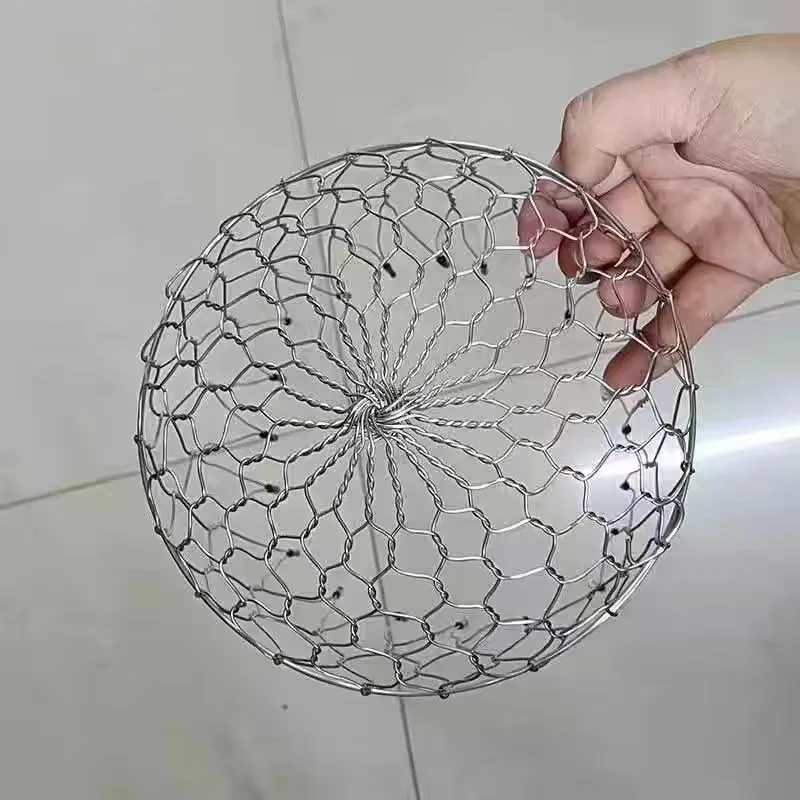-
 Afrikaans
Afrikaans -
 Albanian
Albanian -
 Amharic
Amharic -
 Arabic
Arabic -
 Armenian
Armenian -
 Azerbaijani
Azerbaijani -
 Basque
Basque -
 Belarusian
Belarusian -
 Bengali
Bengali -
 Bosnian
Bosnian -
 Bulgarian
Bulgarian -
 Catalan
Catalan -
 Cebuano
Cebuano -
 China
China -
 Corsican
Corsican -
 Croatian
Croatian -
 Czech
Czech -
 Danish
Danish -
 Dutch
Dutch -
 English
English -
 Esperanto
Esperanto -
 Estonian
Estonian -
 Finnish
Finnish -
 French
French -
 Frisian
Frisian -
 Galician
Galician -
 Georgian
Georgian -
 German
German -
 Greek
Greek -
 Gujarati
Gujarati -
 Haitian Creole
Haitian Creole -
 hausa
hausa -
 hawaiian
hawaiian -
 Hebrew
Hebrew -
 Hindi
Hindi -
 Miao
Miao -
 Hungarian
Hungarian -
 Icelandic
Icelandic -
 igbo
igbo -
 Indonesian
Indonesian -
 irish
irish -
 Italian
Italian -
 Japanese
Japanese -
 Javanese
Javanese -
 Kannada
Kannada -
 kazakh
kazakh -
 Khmer
Khmer -
 Rwandese
Rwandese -
 Korean
Korean -
 Kurdish
Kurdish -
 Kyrgyz
Kyrgyz -
 Lao
Lao -
 Latin
Latin -
 Latvian
Latvian -
 Lithuanian
Lithuanian -
 Luxembourgish
Luxembourgish -
 Macedonian
Macedonian -
 Malgashi
Malgashi -
 Malay
Malay -
 Malayalam
Malayalam -
 Maltese
Maltese -
 Maori
Maori -
 Marathi
Marathi -
 Mongolian
Mongolian -
 Myanmar
Myanmar -
 Nepali
Nepali -
 Norwegian
Norwegian -
 Norwegian
Norwegian -
 Occitan
Occitan -
 Pashto
Pashto -
 Persian
Persian -
 Polish
Polish -
 Portuguese
Portuguese -
 Punjabi
Punjabi -
 Romanian
Romanian -
 Russian
Russian -
 Samoan
Samoan -
 Scottish Gaelic
Scottish Gaelic -
 Serbian
Serbian -
 Sesotho
Sesotho -
 Shona
Shona -
 Sindhi
Sindhi -
 Sinhala
Sinhala -
 Slovak
Slovak -
 Slovenian
Slovenian -
 Somali
Somali -
 Spanish
Spanish -
 Sundanese
Sundanese -
 Swahili
Swahili -
 Swedish
Swedish -
 Tagalog
Tagalog -
 Tajik
Tajik -
 Tamil
Tamil -
 Tatar
Tatar -
 Telugu
Telugu -
 Thai
Thai -
 Turkish
Turkish -
 Turkmen
Turkmen -
 Ukrainian
Ukrainian -
 Urdu
Urdu -
 Uighur
Uighur -
 Uzbek
Uzbek -
 Vietnamese
Vietnamese -
 Welsh
Welsh -
 Bantu
Bantu -
 Yiddish
Yiddish -
 Yoruba
Yoruba -
 Zulu
Zulu
Durable Plastic Netting Solutions for Plant Support and Protection in Gardens and Landscapes
The Benefits and Applications of Plastic Netting for Plants
In the realm of gardening and agriculture, plastic netting has emerged as a pivotal material that offers innovative solutions for plant support, protection, and growth optimization. Whether you’re a home gardener looking to enhance your garden or a commercial farmer aiming to increase crop yields, plastic netting provides a versatile and effective means of improving plant health and productivity.
Understanding Plastic Netting
Plastic netting is made from durable synthetic materials, primarily polyethylene or polypropylene, which are designed to withstand the rigors of outdoor conditions while providing support and protection to plants. This lightweight yet sturdy material comes in various mesh sizes and configurations, making it suitable for a wide range of applications. Its flexibility allows it to be shaped to meet the needs of different types of plants, from climbing vines to delicate seedlings.
Support for Climbing Plants
One of the most significant benefits of plastic netting is its ability to support climbing plants. Vegetables like cucumbers, peas, and tomatoes can benefit immensely from vertical growth. By using plastic netting, gardeners can create trellises that allow these plants to climb and spread out, maximizing sunlight exposure and promoting healthier growth. The netting holds the plants securely, preventing them from falling over or becoming entangled with one another, which can lead to disease or stunted growth.
Protection Against Pests
In addition to providing structural support, plastic netting offers a versatile solution for pest management. Fine mesh netting can be draped over plants to create a barrier against birds, insects, and other animals that might damage crops. This protective layer allows sunlight and moisture to reach the plants while keeping unwanted pests at bay. For enhanced protection, some gardeners combine plastic netting with other materials, such as row covers, creating a microenvironment that promotes healthy growth while safeguarding against the elements.
plastic netting for plants

Soil Erosion Control
Plastic netting is also an effective tool for preventing soil erosion, particularly in sloped gardening areas. When used in conjunction with ground cover plants, plastic netting can help stabilize the soil, reducing runoff during heavy rains and preventing the loss of valuable topsoil. This is especially crucial in areas where soil degradation is a concern, and maintaining soil health is essential for sustained agricultural practices.
Facilitating Easy Harvesting
For commercial farmers, plastic netting can simplify the harvesting process. By guiding plants upward, netting keeps fruits and vegetables off the ground, reducing the risk of spoilage and making it easier to harvest crops. With less direct contact with the soil, produce is less likely to suffer from pest damage and soil-borne diseases, leading to improved quality and marketability.
Environmental Considerations
While the benefits of plastic netting are substantial, it’s important to consider environmental impacts. Some gardeners opt for biodegradable netting options to reduce plastic waste. Additionally, responsible disposal and recycling of plastic netting are essential to minimize ecological footprints. As the horticultural industry continues to innovate, ongoing research and development aim to create more sustainable alternatives that retain the benefits of plastic netting while reducing environmental harm.
Conclusion
In conclusion, plastic netting is an invaluable resource in gardening and agriculture, providing essential support, protection, and efficiency. Its versatility makes it suitable for various applications, from home gardens to commercial farms. By enhancing plant growth, protecting against pests, and preventing soil erosion, plastic netting contributes to more sustainable and productive agricultural practices. As awareness of environmental issues continues to grow, the industry will likely focus on developing eco-friendly options that maintain the advantages of plastic netting while supporting a healthier planet.
-
Shipping Plastic Bags for Every NeedNewsJul.24,2025
-
Safety Netting: Your Shield in ConstructionNewsJul.24,2025
-
Plastic Mesh Netting for Everyday UseNewsJul.24,2025
-
Nylon Netting for Every UseNewsJul.24,2025
-
Mesh Breeder Box for Fish TanksNewsJul.24,2025
-
Expanded Steel Mesh Offers Durable VersatilityNewsJul.24,2025











